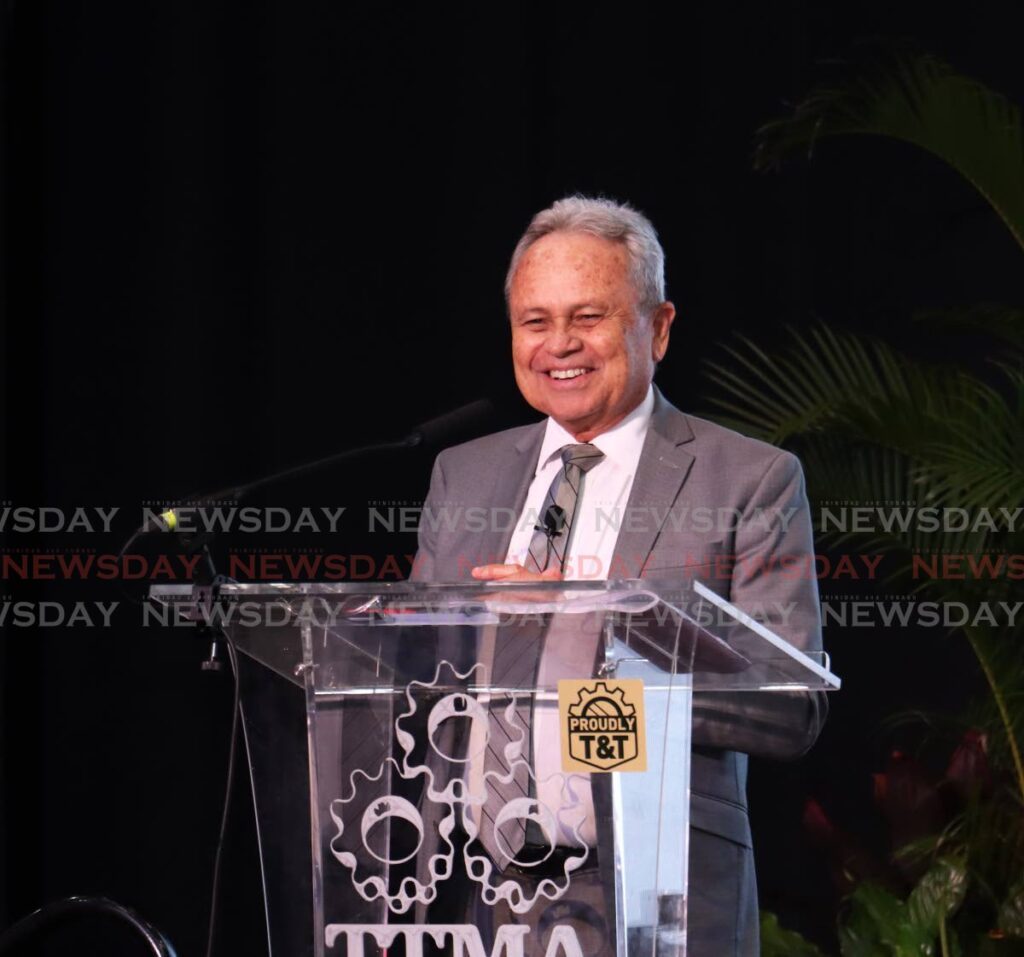Valuing teachers' voices

THE EDITOR: World Teachers’ Day is celebrated globally on October 5. The day commemorates the 1996 adoption of the International Labour Organization/United Nations Educational, Scientific and Cultural Organization (ILO/UNESCO) recommendations concerning the status of teachers.
These recommendations set the benchmarks for the rights and responsibilities of teachers and the standards for their recruitment, professional development and conditions of employment.
The recommendations are premised on the importance of teachers in the transformation of all societies and their critical role in harnessing the potential of our youth.
In his 2025 budget presentation, the Finance Minister began his contribution on education by noting that “it is crucial to recognise that the future of our children and of our nation rests upon a solid foundation – a robust education system.”
It is education which can harness the potential of our youth, and it is education which is at the centre of ending the scourge of youth criminality.
In TT, education inevitably receives one of the highest allocations of the budget. This year the minister outlined significant expenditure on school infrastructure, students’ nutrition, digitalisation, remediation programmes, social support services, apprenticeship, among others.
World Teachers’ Day reminds us that the laudable goals encompassed in these initiatives would be hollow without the full participation of and dialogue with teachers. This year's theme is “Valuing Teacher Voices: Towards a New Social Contract for Education.”
The movement from policy to successful implementation occurs within the classroom, and here teachers are not just purveyors of skills and knowledge, they are creators of knowledge.
It is the teacher who understands best the remedial needs of children, their hunger, their disillusionment, and the curiosity and engagement with learning which drive success. Teachers are at the heart of lifelong learning and building an inclusive and equitable education system.
If teachers are to fulfil their role, and if we are to have a sustainable education system which can attract young and vibrant educators, we must address persistent and critical needs. Too many of our trained teachers languish in the system, often taking years to be assessed and hired.
There obviously needs to be an urgent overhaul of the management of the teaching service. Further, there must be more robust policies to support teachers in high-risk schools. In many parts of the world, these teachers are provided with incentives to work in such challenging conditions.
Respect for teachers’ voices ensures that their concerns are taken seriously, and that dialogue rather than punitive measures are used to address their needs. Teachers can best contribute to solutions when they can access continuous professional development which helps them to apply contemporary educational principles of learning and child development to their practice.
The budget lays the groundwork for transformation, but real transformation takes place from within and outside. It is premised on an inclusive system which places the teacher as one part of a triad with child and community at the centre of change.
In the new social contract, learning must be based on principles of co-operation and solidarity and not exclusion and individualistic competition. Transformation must honour the voices of teachers, recognising and supporting them as critical innovators and problem-solvers of our education system.
DR ROWENA KALLOO
on behalf of the TTT Association of Teacher Educators

Comments
"Valuing teachers’ voices"